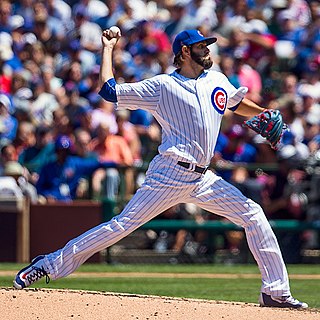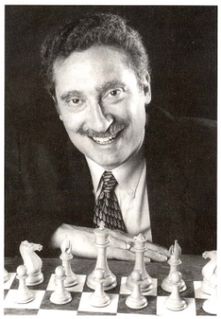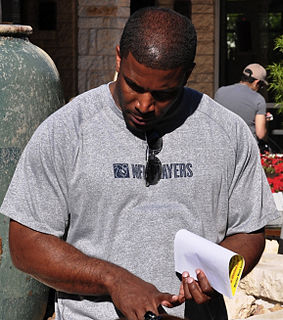A Quote by Brad Lidge
The game of baseball between pitcher and hitter sets up like a game of chess in that you have to anticipate several moves ahead to set up your opponent.
Related Quotes
I've always noticed how the Fenway fans get behind the pitcher, especially late in the game if you're having a good game, or if you have two strikes on a hitter, they really start to chant and anticipate a strikeout. And that's the best part about playing in Boston and at Fenway. There are knowledgeable fans who anticipate the flow of the game and they can really help out the pitcher.
The way that I was taught to play baseball, and to me the way baseball has always been, is... Look, we play 162 games. It's a grinding, hard-nosed game. And even when I was a kid it was about not showing up your opponent. It was about playing the game with class. But, obviously I think you should have fun doing it.
In chess there can never be a favorite move. I can probably pinpoint in a specific game, there might be a move that was like, "Oh, that was a good move." And maybe certain moves turned the whole game around, but there's not one special move that does that, unless it's checkmate because that's when the game is over.
...chess is "a lot like football because you have to set up your offense and your defense, every once in a while you need to give up a piece of your team in order to make the big play. It's a game of patience, and that pretty much defines how I run the ball. I'm patient, always looking for the opportunity and always trying to capitalize on the other person's mistake."
Yes, there are times where I might play one bad service game a set. If you look at Sampras, he might play one slightly suspect service game every three sets. So to beat someone like that you've obviously got to be right on top of your game. I've basically got to get rid of that in my game so it makes me very difficult to beat.


































